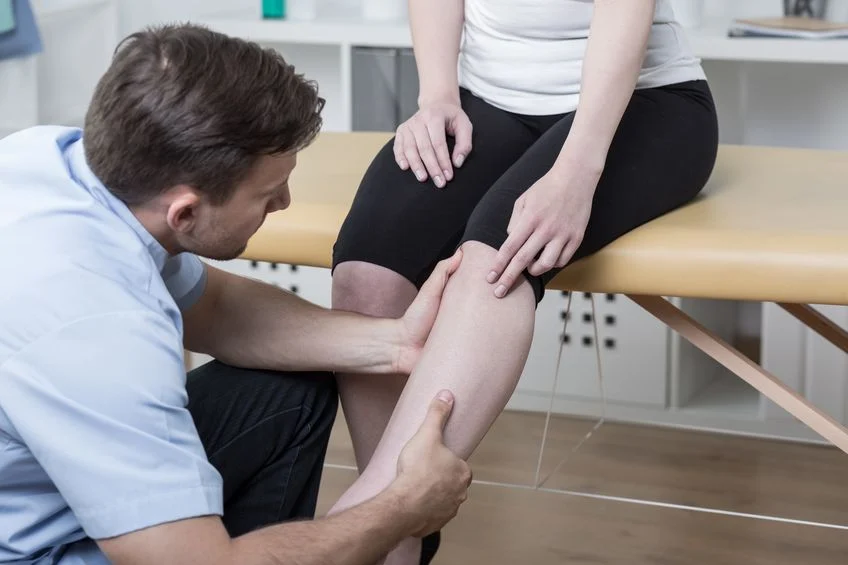Knee Revision
What is a Knee Revision?
Discover Knee Revision Surgery with Top New Jersey Knee Surgeon
Knee revision surgery, also known as revision total knee replacement, is a specialized procedure involving the reoperation of a total knee replacement (TKR). This can entail a partial or complete replacement of the initially implanted prostheses. For some patients, a thorough cleaning and refixing of existing implants and bone surfaces may suffice instead of complete replacement.
Who Requires Knee Revision Surgery?
In the majority of TKR cases, artificial implants last between 15 to 30 years, often providing lifelong relief for elderly patients. However, younger, more active individuals may face prosthetic failure over time, necessitating a revision surgery later in life.
Advantages of Knee Revision Surgery with Dr. Babatunde
Opting for knee revision surgery with Dr. Babatunde provides numerous benefits, including:
- Proven Outcomes: Our surgeons have received recognition from respected publications and organizations.
- Gold Seal Recognition: Our Joint Solutions program has received recognition and reaccreditation from the Joint Commission, boasting Gold Seals in Hip and Knee Replacement.
- Experienced Surgeons: Access to fellowship-trained, university-affiliated surgeons who prioritize evidence-based orthopedic techniques, minimally invasive approaches, and advanced pain management.
- Premier Facilities: Surgeries are conducted at some of the nation’s finest orthopedic hospitals.
The Knee Revision Procedure
While the primary goal of both primary total knee replacement and knee revision surgery is pain relief and improved function, knee revision is a more complex and lengthier procedure, usually lasting 2-3 hours.
The procedure involves removing old components, preserving as much bone as possible, adding metal augments and platform blocks if there has been significant bone loss, and inserting a new specialized revision implant. Soft tissue repair, testing knee joint motion, and incision closure complete the process.
Reasons for Knee Revision Surgery
Knee revision surgery may become necessary due to several reasons, including:
- Prosthesis Loosening: Over time, friction can lead to the loosening of one or more prosthetic components.
- Wear and Tear: This includes wear, loosening, or breakage of prosthesis components.
- Infection: While TKR infection risks are generally low (less than 1%), when infections occur, knee revision is often required.

Risks Associated with Knee Revision Surgery
Given its complexity, knee revision surgery carries a higher risk of complications than primary replacement:
- Reduced Range of Motion or Stiffness
- Poor Wound Healing
- Wound or Prosthesis Infection
- Excessive Bleeding
- Blood Clot Formation
- Bone Fracture During Surgery
- Nerve and Blood Vessel Damage
- Pulmonary Embolism
- Heart Attack or Stroke
- Lung Complications
Trust your knee revision surgery to Dr. Babatunde, where his experience and expertise ensure optimal patient care and outcomes.
